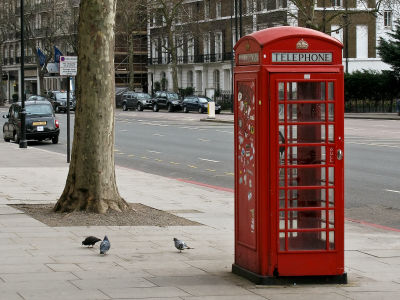AI-powered robot dolls help care for the elderly in South Korea

A robot designed and manufactured by a South Korean startup is reportedly providing a sense of comfort to elderly people living alone. Equipped with a ChatGPT-based chatbot, the robot encourages users to take their medication and eat properly while conversing with them in a distinctive, cheerful voice.
Hyodol AI robots ease loneliness for South Korea's seniors - Rest of World
Some elderly people are fond of the dolls known as hyodols. These are boy and girl dolls dressed in cute clothes, and when spoken to by their owners, they start making noises and trying to continue the conversation.
[How to use Hyodol] 2. Conversation - YouTube
This robot is sold as a 'monitoring robot' and can assist elderly people living alone by using AI for conversations and by alerting a team if the infrared sensor on its neck does not detect any movement for 24 hours.
The AI program can analyse voice to gauge the elderly person's mood and communicate this to the care team, as well as ask everyday questions such as 'How are you today?' and 'Are you in pain?' and record the responses.
In one actual incident, a user confessed that he wanted to die, and Hyodol detected this and notified the team, which led to the user being rushed to a psychiatrist.

In South Korea, where the population is rapidly aging, elderly isolation is becoming a social issue. Due to a declining birthrate and the decline of multigenerational households, many seniors are living alone and suffering from depression, dementia, and chronic illnesses. The suicide rate among seniors is said to be the highest among member states of the Organization for Economic Cooperation and Development. To make matters worse, South Korea's nursing care industry is facing a labor shortage. As of 2023, there was a shortage of 190,000 caregivers, a figure predicted to grow to 1.55 million by 2032.
To address this shortage,
Kim Seung-hwa, director of the Gungdong Welfare Center, a public nursing care facility run by Guro-gu, said, 'It's not death that the elderly fear. What they fear most is loneliness. Hyodol fills the gaps in human care.'
Song Kwang-hee, a home care worker, visits 14 elderly people living alone in the narrow alleys of Guro-gu. She chats with them, checks on their health, and makes sure they're eating properly, but she only has about 30 minutes to spend with each person, which isn't nearly enough. However, the elderly feel a sense of security knowing that Hyodol is always there, even after Kwang-hee has left.
'Just talking to someone brings great comfort to the elderly. There are things they can't talk about with us or their own children, but they talk to Hyodol,' Kwang-hee said. 'Hyodol is now our front-line watchdog, because it's impossible for a human being to watch over everyone from a desk.'

Some users even dote on Hyodol like a grandchild, pretending to feed it delicious food, trying on homemade hats and heirloom necklaces, and even cuddling it to sleep. When the robot was taken away for repairs, elderly people would show up at the company's entrance, anxiously asking for their doll back.
In 2022, a fashion show for Fyodor was held at the local center, where elderly people wore matching handmade costumes and made a statement alongside Fyodor. Some people who loved Fyodor very much said they wanted to be buried together.
However, there have been cases of elderly people who have become so fascinated with the robot that they have become even more withdrawn, and a dementia patient who took the robot's words literally and went to the stream alone, carrying Hyodol, who said, 'Grandma, I want to hear the babbling of the brook.' In the latter case, the company took measures to remove phrases that sounded like invitations from Hyodol.

The company that developed Fyodol plans to make the doll available in English, Chinese, and Japanese, and to customize the doll's appearance for each country. According to market research firm Research and Markets, the elderly care robot market is expected to grow to $7.7 billion (approximately 1.13 trillion yen) by 2030, and demand is expected to increase further.
Related Posts:
in Posted by log1p_kr







